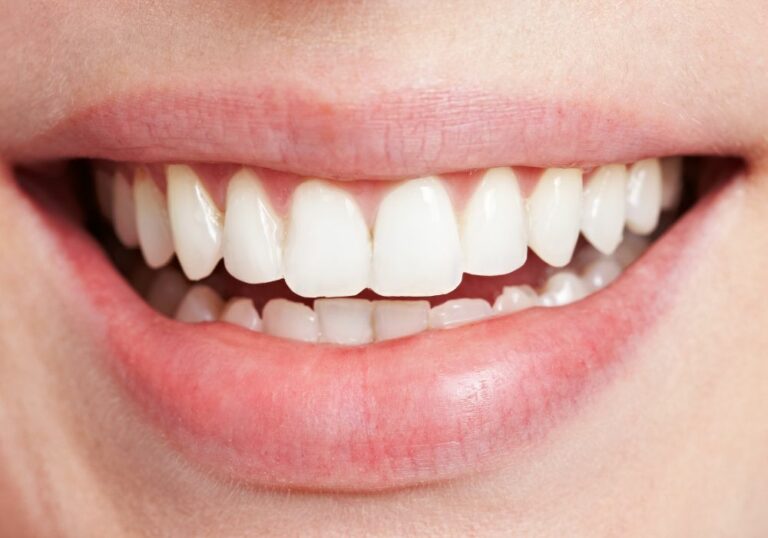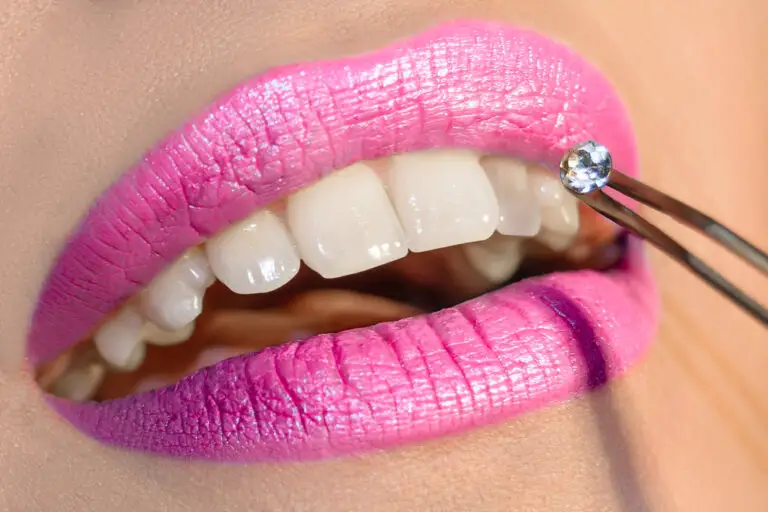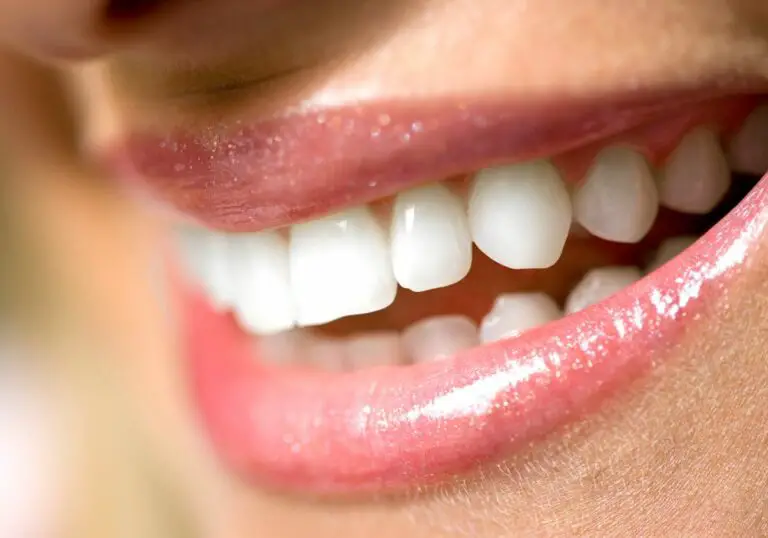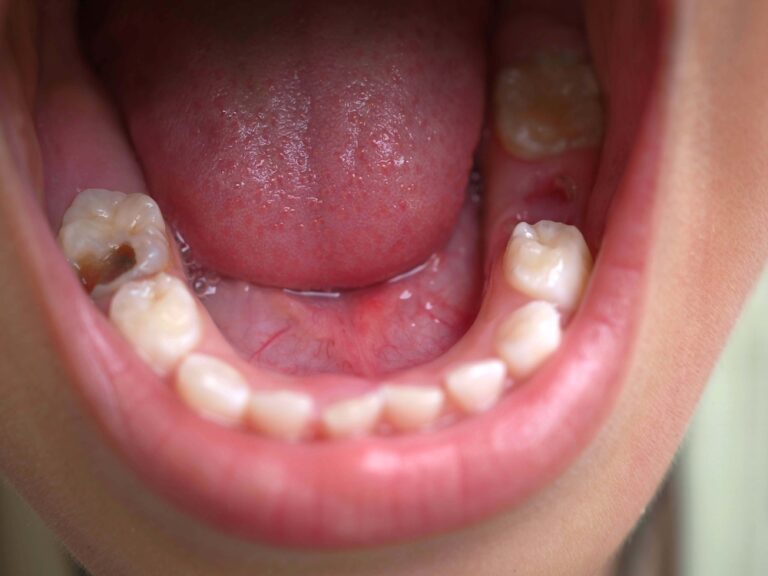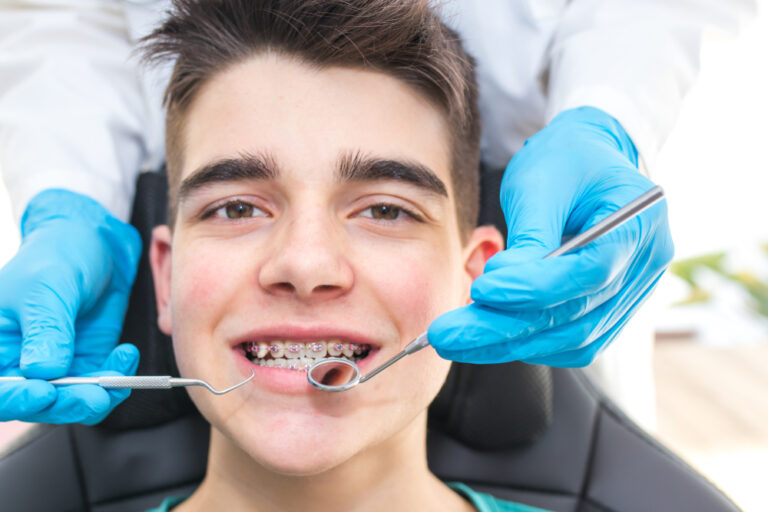Teeth chattering or clicking in cats can seem like a peculiar behavior. But this rapid jaw motion actually has several potential underlying causes. Gaining insight into why your cat is chattering its teeth will help you determine if simple redirection is needed or if a veterinary visit is warranted.
Common triggers for teeth chattering in cats
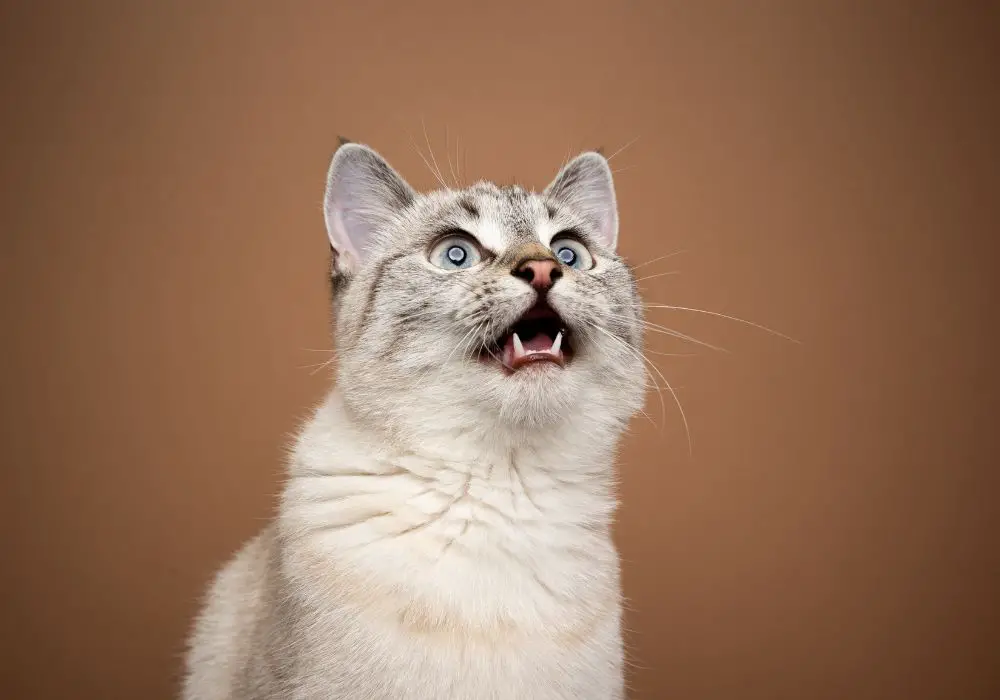
There are a few main reasons cats chatter their teeth, ranging from harmless to concerning:
Chattering when spotting prey
One of the most common triggers for teeth chattering is when a cat sees live prey through a window that it cannot actually reach and hunt. The inability to catch the tempting prey typically induces excitement and tapping into the cat’s natural hunting instincts.
You’ll often notice chattering when your cat is intently watching birds, squirrels and other wildlife moving around outdoors. The chatter represents the cat’s inner simulation of the hunting sequence – stalking, chasing and capturing the prey. But since they remain safely indoors separated from the prey, the sequence culminates in rapid teeth clicking rather than actual biting of prey.
This type of chattering is harmless and does not indicate any problem. It simply reflects your cat’s natural hunting urges. Providing ample indoor playtime with wand toys that mimic chasing prey can help satisfy these desires in a healthy way.
Chattering during energetic play
Vigorous interactive play, especially with wand toys or play mimicking stalking/hunting, can also trigger harmless chattering as your cat taps into its natural prey drive. The chattering tends to arise during more intense play when your cat seems fully immersed and stimulated.
Again, this simply indicates enriched play and does not suggest any problem on its own. Be sure to intersperse active playtime with calmer activities to avoid overstimulating your cat.
Chattering when frustrated or irritated
Cats may chatter their teeth when feeling frustrated, angry or overstimulated by something in their environment. For example, chattering could arise when your cat watches neighborhood strays outside, sees another household pet they don’t get along with, or gets denied access to a favorite treat or room.
This type of chattering is often accompanied by a swishing or thrashing tail, ears folded back, dilated pupils and an arched back. These body language cues indicate your cat is feeling irritated or overwhelmed. If the chattering arises in these circumstances, redirecting their energy or addressing the source of frustration may help resolve the behavior.
Chattering alongside signs of pain or illness
While harmless chattering reflects normal cat behavior, excessive or chronic chattering can stem from an underlying medical problem requiring veterinary attention.
Cats dealing with dental disease, gastrointestinal issues, respiratory trouble or neurological dysfunction may chatter persistently due to discomfort or involuntary muscle movements. You may also notice chattering alongside other signs of illness like lethargy, vomiting, poor appetite or vocalizing.
If your cat starts chattering teeth frequently or for extended periods with no obvious environmental trigger, schedule a veterinary exam. Likewise, seek medical advice if the chattering occurs alongside hiding, loss of appetite, lameness, breathing issues or other concerning symptoms. Your vet can pinpoint the source of discomfort and prescribe appropriate treatment.
Differentiating normal vs. problematic chattering
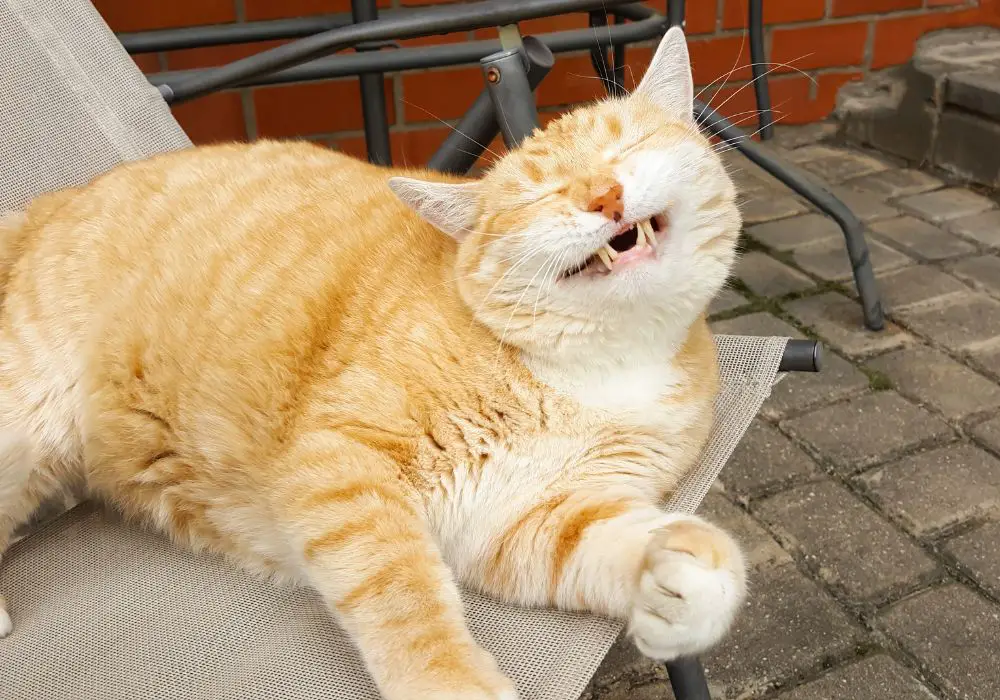
Since teeth chattering can stem from both harmless and serious causes, pay close attention to the context surrounding the behavior.
Normal, harmless chattering tends to:
- Arise during energetic play and prey stalking
- Involve short chattering bursts then settling back down
- Occur intermittently when your cat is focused intently on “prey”
- Resolve once playtime or the window-watching session ends
Problematic, excessive chattering involves:
- Frequent and extended chattering episodes
- Chattering that arises spontaneously with no obvious trigger
- Occurring along with hiding, vocalizing, appetite issues or lethargy
- Continuing even after environmental triggers are removed
If your cat’s chattering starts to seem chronic, pervasive and paired with other concerning symptoms, schedule a veterinary visit for evaluation right away.
Potential medical issues underlying chattering
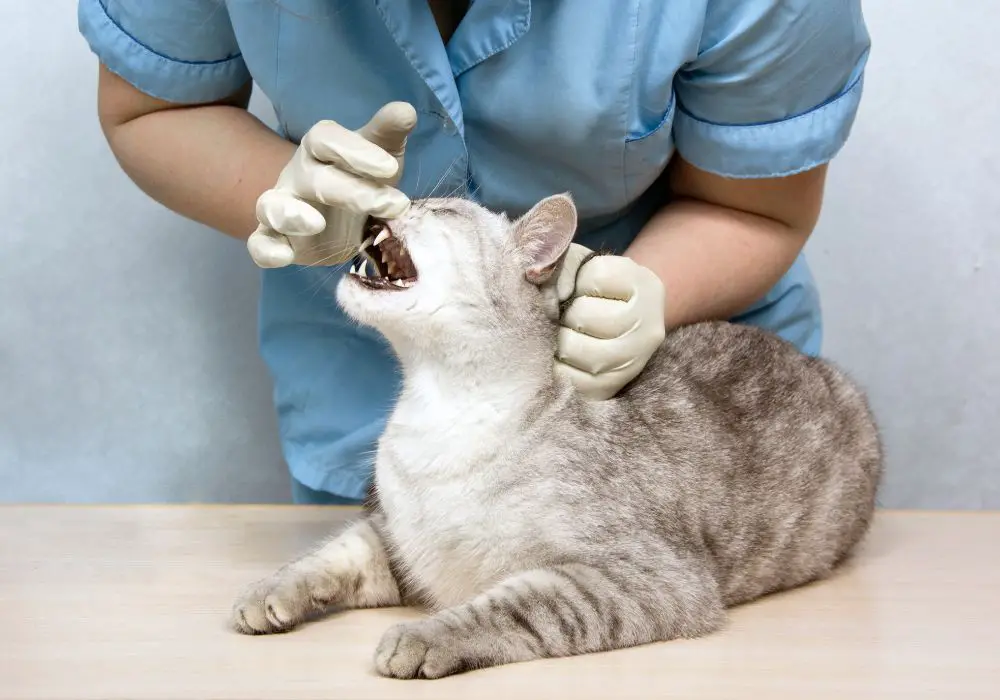
Here are some common medical issues that could cause chronic or worsening teeth chattering in cats:
Dental pain or oral inflammation
Cats with fractured teeth, dental abscesses, gingivitis or other oral inflammation often chatter persistently due to mouth pain. The discomfort makes normal jaw motions and eating very painful.
Your vet can perform a thorough oral exam, dental probing and x-rays to pinpoint problems if chattering appears mouth-related. Dental cleaning, tooth extraction or antibiotics may be prescribed to resolve oral pain and curb chattering.
Gastrointestinal upset
Dental pain is not the only source of mouth discomfort – nausea and acid reflux can also induce chattering. Cats experiencing gastrointestinal issues like inflammatory bowel disease, pancreatitis, constipation or gas pain may chatter their teeth as a response.
If the chattering occurs alongside vomiting, diarrhea, poor appetite or swallowing issues, discuss with your vet. Diagnostic testing like bloodwork, imaging and endoscopy can check for GI problems.
Respiratory trouble
Cats with asthma, allergies, respiratory infections or heart disorders may chatter excessively as breathing becomes more difficult and rapid.
Wheezing, coughing, sneezing or exercise intolerance paired with chattering warrants veterinary attention. Diagnosing the underlying source of respiratory distress is key so proper treatment can be provided. This may involve x-rays, heart testing and prescription medications.
Neurological dysfunction
Disorders affecting the brain, nerves and muscles can manifest as chronic chattering. Conditions like epilepsy, vestibular disease, tremors and muscle cramps may cause abnormal jaw motions and teeth clicking.
See your vet promptly if the chattering seems involuntary or occurs alongside other neurological issues like head tilt, circling, twitching or seizures. MRI, CT or spinal taps may be needed to diagnose the condition.
Cognitive decline in senior cats
Elderly cats with cognitive dysfunction syndrome, similar to dementia in humans, may start chattering persistently for no discernible reason. The odd behavior arises from neurochemical changes in the brain causing confusion and aimless activity.
Supplements, environmental modifications and medication can help reduce this behavior quirk in senior cats. See your vet for a consult if your aging cat’s chattering seems frequent but not linked to any medical problem.
FAQ about cat teeth chattering
Here are answers to some common questions about teeth chattering in cats:
Is teeth chattering harmful to cats?
On its own, chattering does not harm cats. In fact, it’s often a natural outlet for prey drive or boredom. However, if chronic chattering results from an undiagnosed medical problem, the underlying condition could be detrimental. See your vet promptly when chattering becomes frequent or severe.
Do certain breeds chatter more?
While all cats can chatter, breeds like Bengals, Savannahs and Siamese derived from more wild cat lineages may exhibit the behavior more often due to strong hunting instincts. But excessive chattering still warrants a veterinary visit regardless of breed.
How can I curb chattering?
If environmental stressors are triggering the chattering, remove the source of irritation. If your cat seems bored, increase interactive playtime and enrichment. Never yell or punish your cat for chattering since it’s innate behavior. Behavior training is not effective for curbing chattering directly. Seek medical treatment if the chattering seems pathological.
Why did my cat start chattering after getting a new pet?
Introducing a new pet is very overstimulating for cats, often inducing chattering from both stress and excitement. Make introductions gradual, allow separate spaces and use calming pheromones. The chattering should fade as the novelty wears off. If not, consult your vet to address any anxiety or territorial issues.
Can dental issues cause chattering?
Yes, dental disease is a very common cause of chronic chattering. Oral pain makes normal jaw use uncomfortable, leading to frequent teeth clicking and guarding behavior. Schedule a vet dental exam if your cat’s chattering seems focused around the mouth and chewing.
In summary, context is key when assessing teeth chattering in cats. Seek prompt veterinary advice if your cat’s chattering becomes frequent, prolonged and accompanied by other concerning symptoms. While occasional chattering is normal, excessive clicking could reflect an underlying medical problem requiring treatment. Stay attentive to your cat’s chattering patterns and behaviors.

